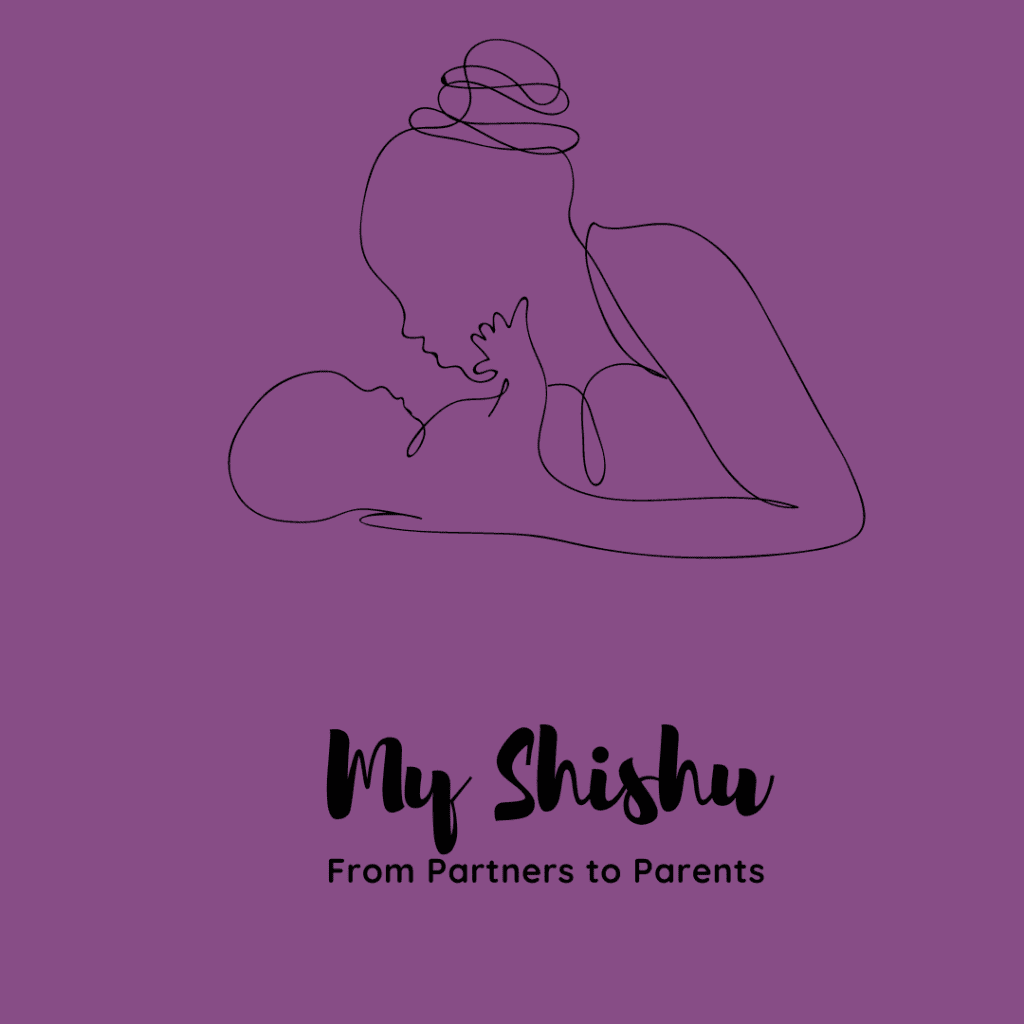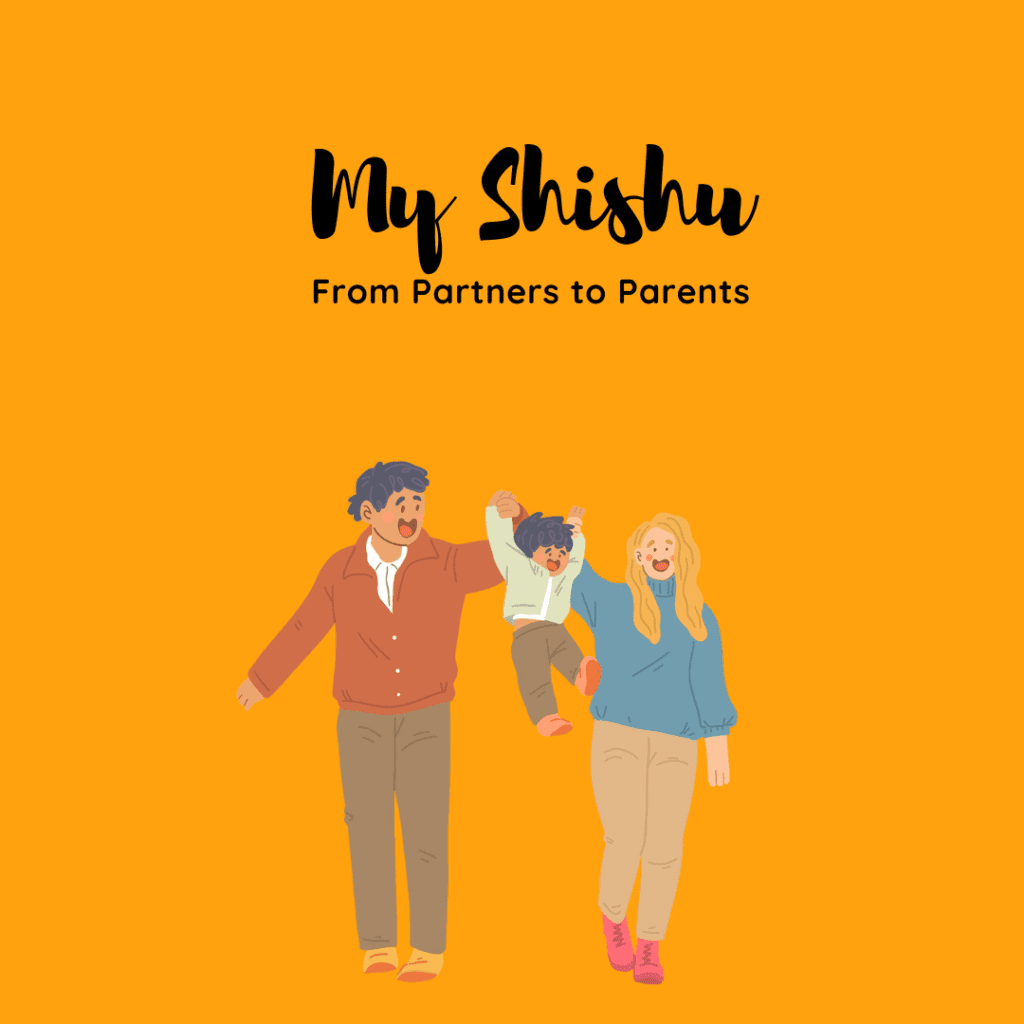Adoption By Same Sex Couples
Adoption By Same Sex Couples
In the ever-evolving legal landscape of India, the Supreme Court’s examination of same-sex marriage has prompted discussions beyond marital unions, extending to the question of whether gay couples can adopt children. This blog, “Adoption By Same Sex Couples” with MyShishu explores the current legal scenario, unraveling the challenges, global trends, and the rights of same-sex couples in India aspiring to build families through adoption.
Table of Contents
- Unpacking Adoption in India: Legal Framework and Prejudices
- Current Legal Framework: Constraints for Same-Sex Couples
- Constitutional Provisions for LGBTQ+ Rights in India
- Global Trends: Contrasting rights for Adoption By Same Sex Couples
- Conclusion: Adoption By Same Sex Couples
- Quiz Time: Adoption By Same Sex Couples
Unpacking Adoption in India: Legal Framework and Prejudices
The process of adoption, as outlined in Section 2(2) of the Juvenile Justice (Care and Protection of Children) Act, 2015, involves a legal and social journey establishing a parent-child relationship. While legislative amendments aim for inclusivity, social prejudices have seeped into adoption policies in India. The Juvenile Justice Act of 2000, with subsequent amendments, endeavors to promote secularism but falls short in addressing the rights of same-sex couples.

Current Legal Framework: Constraints for Same-Sex Couples
As of now, Indian law restricts adoption rights for same-sex couples. Only heterosexual married couples are eligible to adopt through the Central Adoption Resource Authority (CARA), the primary regulatory body overseeing adoptions. This limitation has prompted legal challenges, with debates on the constitutionality of denying same-sex couples the right to adopt.
In 2018, a High Court addressed discrimination based on sexual orientation, emphasizing equal rights for same-sex couples. The matter was forwarded to the Supreme Court, sparking conversations about inclusivity and the elimination of discriminatory adoption practices. Activists and legal experts stress the need for legal changes to ensure equality in adoption policies.
Constitutional Provisions for LGBTQ+ Rights in India
While India lacks explicit constitutional provisions on same-sex adoption rights, the Constitution guarantees fundamental rights to all citizens. Article 14 ensures equality before the law, prohibiting discrimination based on sexual orientation. Article 21, guaranteeing the right to life and personal liberty, interprets the right to dignity, privacy, and autonomy, encompassing intimate relationships, including those of same-sex couples.
The Supreme Court’s recognition of transgender rights in 2014 reinforces the commitment to equal rights for all, irrespective of gender identity or sexual orientation. Despite these constitutional assurances, same-sex couples still face adoption challenges, highlighting the need for legal reforms.
Global Trends: Contrasting rights for Adoption By Same Sex Couples
The question of whether gay couples can adopt resonates globally, with varying legal landscapes. In the U.S., adoption laws for same-sex couples differ by state, while European countries like the UK and France embrace progressive laws. India, however, lags in granting adoption rights to same-sex couples, contributing to a complex adoption environment.

Challenges Faced for Adoption By Same Sex Couples
1. Social Challenges: Adoption By Same Sex Couples
- Resistance from family, society, and legal systems due to prevailing prejudices.
- Discriminatory behavior, including denial of adoption rights, based on sexual orientation.
2. Legal Challenges: Adoption By Same Sex Couples
- Biased adoption laws favoring heterosexual couples, creating barriers for same-sex couples.
- Complicated and time-consuming legal processes lacking specific provisions for same-sex adoption.
3. Adoption Process Hurdles: Adoption By Same Sex Couples
- Limited support from family and friends during the adoption journey.
- Potential legal issues, such as guardianship, inheritance, and child custody, due to the absence of specific provisions for same-sex couples.
- Biases in adoption agencies, making it challenging for gay couples to be considered as adoptive parents.
Conclusion: Adoption By Same Sex Couples
In summary, navigating the adoption landscape in India presents challenges for same-sex couples. Legal measures such as the Juvenile Justice Act and CARA aim to regulate adoption, but social stigmas and legal restrictions persist. Advocacy, awareness, and legal reforms are essential to ensure the LGBTQ+ community’s rights are not compromised during the adoption process.
Quiz Time: Adoption By Same Sex Couples
Question 1: What legal body oversees adoptions in India, and who is currently eligible to adopt?
- Answer: The Central Adoption Resource Authority (CARA); currently, only heterosexual married couples are eligible to adopt.
Question 2: Which articles of the Indian Constitution guarantee fundamental rights, including equality and the right to life and personal liberty?
- Answer: Article 14 (equality) and Article 21 (right to life and personal liberty).
Question 3: What is a significant global trend regarding adoption rights for same-sex couples?
- Answer: Varying adoption rights, with some countries embracing progressive laws while others restrict or deny adoption rights to same-sex couples.
Question 4: Name one social challenge faced by same-sex couples during the adoption process in India.
- Answer: Resistance from family, society, and legal systems, often rooted in prevailing prejudices.
Adopting a child should be a journey of love, irrespective of gender identity or sexual orientation. Let’s continue to strive for a more inclusive and compassionate adoption environment.
Celebrate each step of your child’s journey and remember that parenting is an ever-evolving adventure. Stay tuned for more insightful blogs from MyShishu!
Explore our range of courses on new-age parenting at New-Age Parenting | Modern Parenting Styles | MYSHISHU.
For additional parenting insights and valuable information, check out our blog “Cry, Feeding and Weaning of Newborn Baby” at Cry, Feeding and Weaning of Newborn Baby – My Shishu.
Hope you’ve enjoyed the blog “Adoption By Same Sex Couples”. Happy Parenting!











